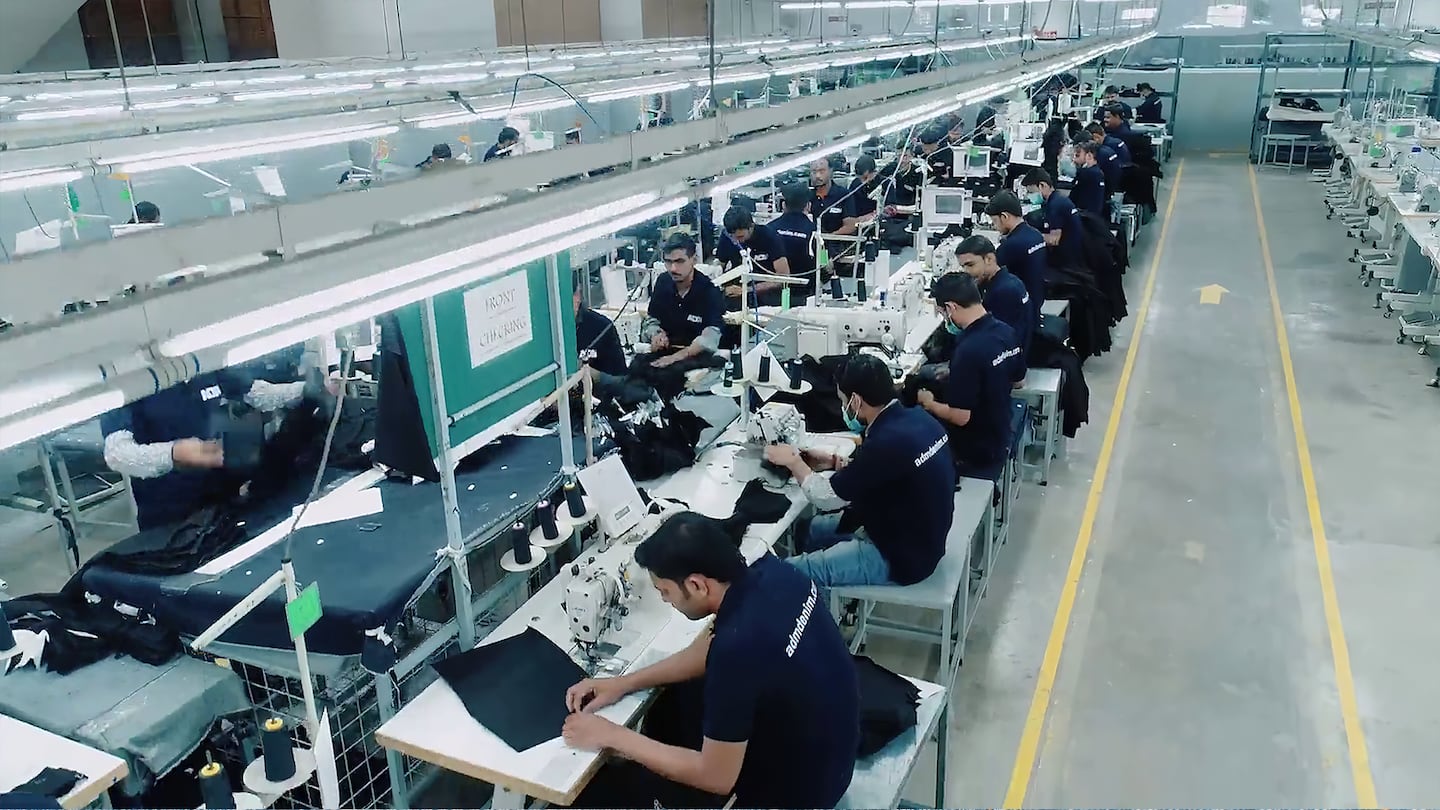
The Business of Fashion
Agenda-setting intelligence, analysis and advice for the global fashion community.

Agenda-setting intelligence, analysis and advice for the global fashion community.

Announced Wednesday, the Pakistan Accord marks a new milestone for the International Accord, a legally binding commitment from brands to ensure worker safety in garment factories that had previously not expanded beyond Bangladesh.
The Accord, also known as the Accord on Fire and Building Safety, first launched in Bangladesh in the wake of the collapse of the Rana Plaza factory in 2013, which killed more than 1,000 people and remains the deadliest garment industry disaster to date.
In August 2021, brands and unions agreed on an eleventh-hour deal to extend the Accord’s legally binding mechanism and open the door to possible international expansion to other garment-producing hubs. Voluntary commitments where brands are held liable for safety violations in their supply chains remain a rarity in the fashion industry.
Brands producing textiles and garments in Pakistan can sign the Accord from Jan. 16.
ADVERTISEMENT
Learn more:
Bangladesh Accord Expanded in Eleventh-Hour Deal
The landmark safety initiative put in place after the collapse of the Rana Plaza was due to expire within a week.
The industry needs to ditch its reliance on fossil-fuel-based materials like polyester in order to meet climate targets, according to a new report from Textile Exchange.
Cotton linked to environmental and human rights abuses in Brazil is leaking into the supply chains of major fashion brands, a new investigation has found, prompting Zara-owner Inditex to send a scathing rebuke to the industry’s biggest sustainable cotton certifier.
Over the last few years, the run-up to Earth Day has become a marketing frenzy. But a crackdown on greenwashing may be changing the way brands approach their communications strategies.
This week, Sephora announced plans to double down on ‘green’ and ‘clean’ product labels, leaning into an increasingly risky marketing tactic even as a greenwashing crackdown has prompted other brands to pull back.